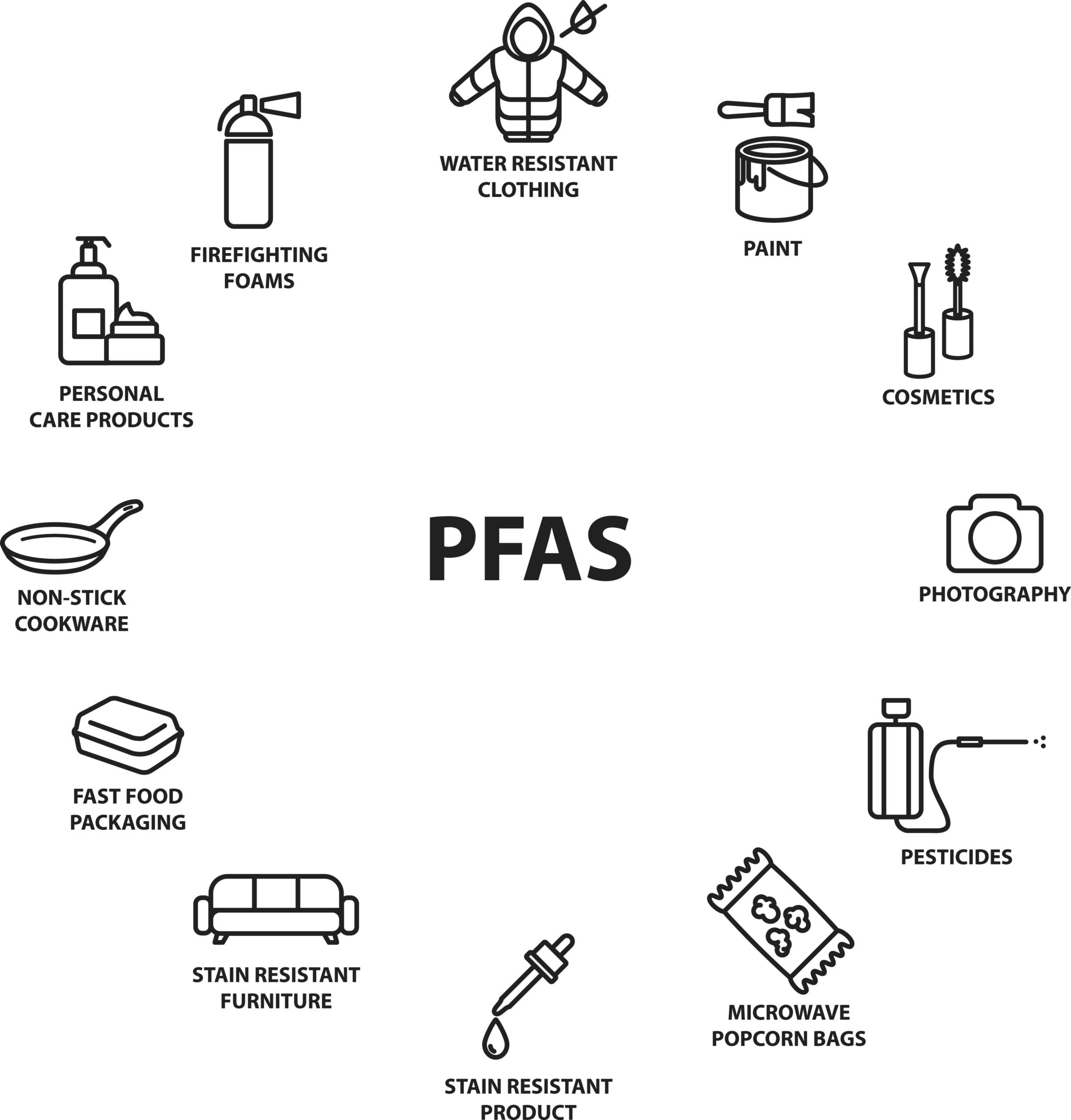
The Environmental Working Group (EWG) is a non-profit organization that provides information to consumers about the potential health risks associated with various personal care products, among other things. The organization maintains a database called the Skin Deep® Cosmetics Database, which ranks personal care products on a scale of 1 to 10 based on the potential health hazards associated with the ingredients they contain.
Here are 25 toxic personal care products that the Environmental Working Group (EWG) has identified as potentially harmful:
It’s important to note that not all products containing these ingredients are necessarily dangerous, and not all products that are considered “safe” by the EWG are completely without risk. However, by being aware of potentially harmful ingredients and choosing personal care products wisely, consumers can make informed decisions to help minimize their exposure to potentially harmful chemicals.

A new study suggests that a widely used sugar substitute found in diet sodas, chewing gum, and low-sugar yogurt may elevate insulin levels. This could increase the long-term risk of heart disease. “Artificial sweeteners have infiltrated nearly all types of food, making it crucial to understand their long-term health effects,” said Yihai Cao, senior author […]

Diet Coke has long been a fan-favorite among soda lovers who want a fizzy, guilt-free alternative to traditional soft drinks. While its zero-calorie, zero-sugar label makes it seem like a healthier option, the reality is far more concerning. Despite its undeniable popularity, Diet Coke’s nutritional profile has raised red flags among health experts for years. […]

New study shows that embracing an anti-inflammatory, plant-forward diet can support cognitive function and help reduce the risk of dementia. What You Eat Shapes Your Brain The food you eat doesn’t just impact your body—it also affects your brain. Research suggests that eating an anti-inflammatory, plant-based diet can help improve memory, focus, and overall brain […]